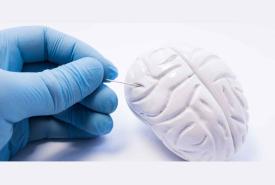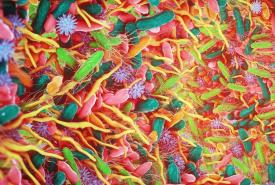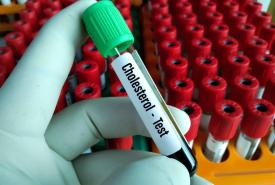Asprius Lifesciences developed treatment for Diabetic Neuropathy
Asprius Lifesciences has announced that it has developed treatment for Diabetic Neuropathy, a condition that results in nerve damage in peripheral areas of the body. The company said it has already filed a patent for the Fixed-Dose Combination that holds promise in treating peripheral neuropathy.


















